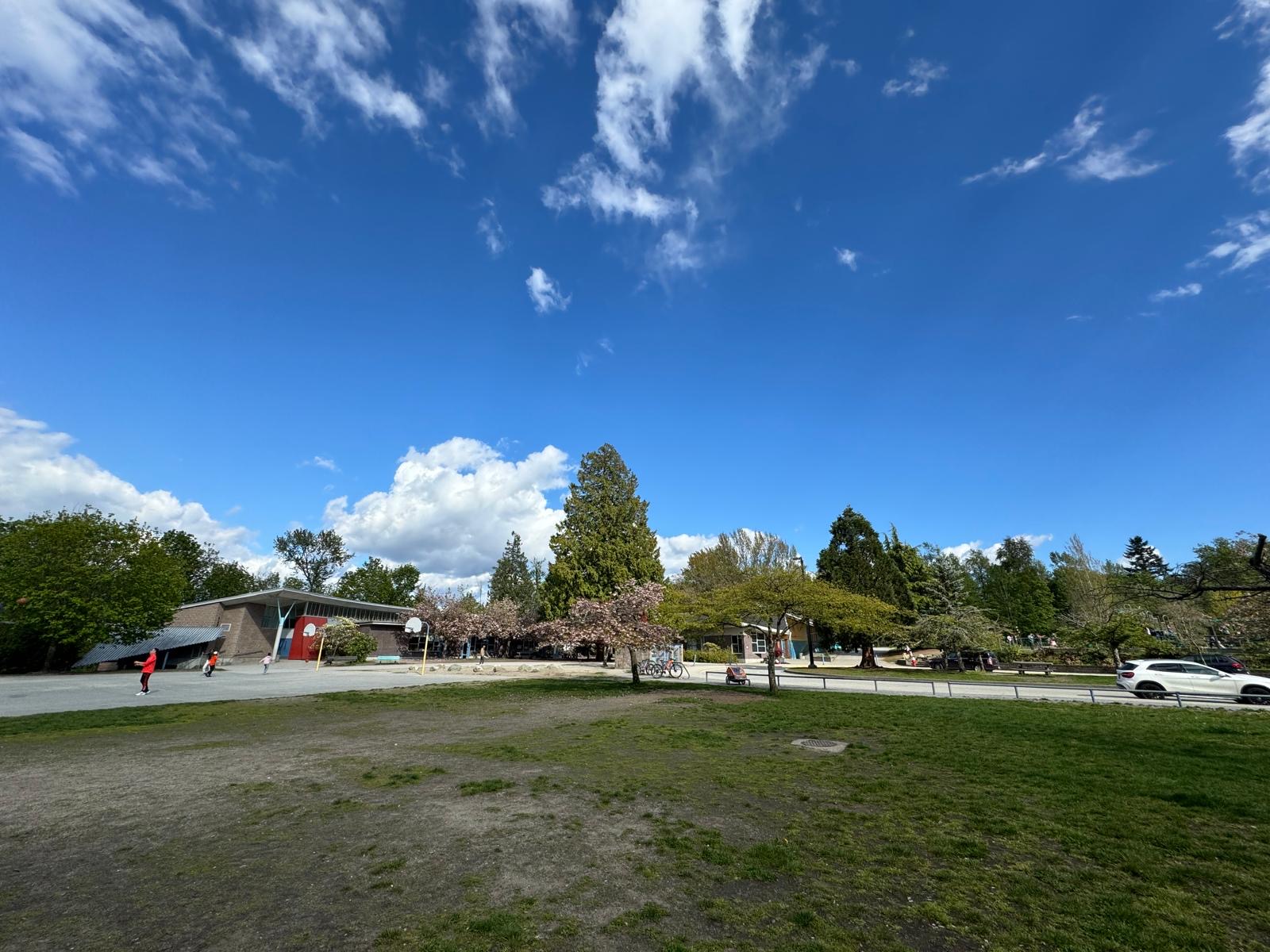Frustration over enrolment pressures at the two elementary schools on the peninsula is usually directed at the Vancouver School Board but there is another culprit—provincial funding that doesn’t keep up with growing needs.
“Even though you give more money, you’re not keeping pace in terms of what is the actual cost to deliver a quality education,” says Suzie Mah, a board trustee representing the Coalition of Progressive Electors.
The BC Teachers Federation (BCTF), not normally a critic of the NDP provincial government, noted in 2022 that B.C. was falling behind other provinces when funding education.
“The budget shortfalls and other challenges currently facing B.C. education are the cumulative effects of over 20 years of grossly underfunding public education,”
In its reaction to the 2024 budget, the federation coupled praise with similar criticism. “The BC Teachers’ Federation was heartened to hear that public education is a top priority of the NDP government,” the federation said in a news release, quoting president Clint Johnston.
However, the federation added that, “Without a significant funding commitment that goes beyond keeping up with the growing population, Budget 2024 won’t make a dent in solving acute staffing shortages in schools.”
The government has an easy response to the critics. “Total annual operating funding for K-12 education is a record $8.7 billion in 2024/25. Additionally, the province’s capital plan includes a record $4.2 billion over the next three years.”
Mah says the increases don’t deal with aging infrastructure and growing demand around issues like learning needs. “When you look at the educational need of students and you look at the funding that we get from the ministry, I would say no, it is not enough to go around.”
The issue of funding is felt not just with overcrowding and students unable to enrol in neighbourhood schools. It’s also felt in funding for children with learning challenges. In February, the Parent Advisory Council at Norma Rose Point raised concerns about staff shortages that see resource teachers called to fill in for absent teachers, taking them away from their duties helping students with special needs.
“The students that should be getting the extra help, they’re not getting it,” Mah said.
The BCTF is critical of a provincial funding model that it says “has achieved its primary purpose of increasing cost control at the provincial level.” It also notes that the legislature’s Standing Committee on Finance and Government Services has recommended a review of the funding process to ensure it covers actual costs and resource needs.
Education accounts for the second largest spending line in the provincial budget after health care. The 2024 budget estimates that education spending in the 2024–25 fiscal year will amount to $19.48 billion or 21.8 per cent of total government expenses. Health care accounts for 40.2 per cent. But the share of education funding as a percentage of government spending has fallen from 25.3 per cent in 2017–18, even though education spending has risen $6.4 billion over that period.
Looking at education spending figures compiled by Statistics Canada, B.C. does not fare well.
B.C.’s funding for all levels of education stood at 6 per cent of provincial GDP in 2020–21, the third lowest level among the 10 provinces. Only Alberta and Newfoundland ranked lower.
On funding for kindergarten to grade 12, B.C. came second last at 3 per cent, just a shade ahead of Newfoundland at 2.9 per cent. By comparison, funding as a share of GDP in top-ranked Manitoba stood at 4.9 per cent.
On per capita funding, B.C. ranked eighth with spending in 2020–21 of $3,073. Only New Brunswick and Prince Edward Island spent less.
The Statistics Canada data is the latest available for both measures and included both public and private spending.
WARREN CARAGATA IS A JOURNALIST, EDITORIAL CONSULTANT AND MEMBER OF THE CAMPUS RESIDENT NEWSPAPER EDITORIAL COMMITTEE.
